On Tuesday, April 22, 2025, the University of Lagos hosted a thought-provoking book reading session featuring Azu Ishiekwene, a seasoned journalist with over three decades of experience. The event, held at the Tayo Aderinokun Hall, gathered an audience of around 60 attendees, including students, academics, and media professionals, all eager to gain insights from Ishiekwene’s extensive career. His wealth of knowledge, including his roles as Senior Vice Chairman and Editor-in-Chief of Leadership Newspaper, as well as his contributions to various publications, made the session both engaging and educational.
Biography Of The Author.
Azu Ishiekwene is a distinguished Nigerian journalist with over three decades of experience in the media industry. Born on February 19, 1965, in Port Harcourt, Rivers State, he began his journalism career at The Punch, where he held various editorial positions, including Senior Features Writer, Deputy Features Editor, Features Editor, Deputy Editor of Toplife magazine, and Editor of Saturday Punch from 1996 to 2001. He served as Editor of The Punch from 2002 to 2006 and was appointed Executive Director of Publications in 2006, overseeing Sunday Punch, Saturday Punch, and The Punch until his departure in 2010 .
In early 2011, Ishiekwene joined Leadership newspaper as Managing Director and Editor-in-Chief, a position he held until 2013. He returned to the company in 2021 as Senior Vice Chairman and Editor-in-Chief, following the passing of the founder, Sam Nda-Isaiah . Throughout his career, Ishiekwene has been recognized with numerous accolades, including the Babatunde Jose Prize for Journalism in 1988, the Dame Award for Informed Commentary in 1993, 2001, 2004, and 2006, and Editor of the Year at the Nigeria Media Merit Award (NMMA) in 2006 .
Ishiekwene is also the author of: “The Trial of Nuhu Ribadu: A Riveting Story of Nigeria’s Anti-Corruption War” and “Writing for Media and Monetising It,” a book that bridges the gap between journalism practice and media entrepreneurship.
His contributions to Nigerian journalism have been widely acknowledged, including recognition from President Bola Tinubu on his 60th birthday.
Insights from the Book Reading.
The event kicked off with a warm welcome from Speaker 1, who highlighted Ishiekwene’s notable career in journalism. The host briefly introduced his book, which delves into the various aspects of writing for media, whether for traditional publications, digital platforms, or social media. Ishiekwene began reading from a chapter that focused on the changing landscape of journalism. He emphasised the need for journalists, especially young ones, to adapt to the rise of digital platforms while maintaining the integrity of traditional journalistic standards.
Ishiekwene detailed his perspective on the role of media in shaping public opinion, stressing the balance between freedom of expression and responsibility in the face of misinformation. “In the digital age,” he said, “it’s not just about creating content, it’s about making sure the content you put out is credible and holds value.” He explained that the increasing use of blogs and social media platforms had reshaped the way news is consumed, offering opportunities for writers but also demanding a higher level of responsibility.
In one chapter, Ishiekwene discussed how journalists can leverage the internet and social media to amplify their voices. He advised young writers to not only focus on creating compelling content but also build a strong online presence to attract readership. But before diving into social media, he emphasized the importance of first mastering the fundamentals of writing and developing a distinctive voice. “The internet can be your best friend, but only if you have something valuable to share,” he remarked.
Audience Engagement and Questions.
After reading an excerpt from his book, Ishiekwene invited questions from the audience. Several thought-provoking queries were posed, reflecting the concerns and aspirations of young journalists and content creators in the current media landscape.
One of the first questions came from a student of the Nigerian Institute of Journalism (NIJ), who asked about the balance between traditional media and the rise of social media for journalists. “Should we focus on mastering social media or stick to traditional media outlets?” the student asked. Ishiekwene explained that while social media offers tremendous opportunities for young writers, it should not be viewed as a replacement for solid writing skills. He advised the students to focus on refining their craft and learning the essentials of storytelling and journalism first. Once they have gained confidence in their writing, social media can then be used as a powerful tool to showcase their work and reach a broader audience.
The next question was about the use of artificial intelligence (AI) for fact-checking news. A student asked whether AI tools like ChatGPT are reliable enough to assist in verifying the accuracy of news before publication. Ishiekwene acknowledged the potential of AI in supporting fact-checking, but he cautioned that it should not replace human judgment. “AI can be a helpful tool, but it can also make mistakes,” he said. “It is still important for journalists to independently verify sources, cross-check facts, and rely on their own critical thinking skills.” He emphasized that while AI can speed up the process, the responsibility of ensuring accuracy lies with the journalist.
Also Read:
Another intriguing question came from a student asking about Ishiekwene’s own writing routine and how he stays motivated despite the many challenges. Ishiekwene revealed that writing his books took him about a year and nine months. He elaborated on the importance of having a consistent routine and optimising the time when his energy levels were at their peak. “I follow what is called the ‘one-hour’ rule,” he explained. “I dedicate the first hour of my day to writing without distractions. No emails, no phones, just me and my thoughts.” He added that identifying your most productive time of day is essential for maintaining focus, whether it’s in the morning, afternoon, or even late at night.
The conversation also turned to the idea of teaching writing to young people. One attendee asked Ishiekwene about his view on the advice often given to students: “Write the way you speak.” This advice, the attendee noted, contradicts what many educators teach, that writing should be formal and distinct from casual speech. Ishiekwene explained that for many African writers, especially those who think in their mother tongues before translating thoughts into English, there is a unique challenge in translating their authentic voice onto paper. He noted that while developing formal writing skills is crucial, eventually, writing in a more conversational style, similar to how one speaks, can bring a more natural flow to the writing, making it more relatable and engaging for readers.
Challenges in Writing and Advice for Aspiring Writers.
The session also touched on the realities of being a writer in Nigeria. Ishiekwene shared some of his own personal experiences, including the distractions he faced while writing his books, such as the noise of a generator during power outages. He noted that despite these challenges, perseverance and dedication are key. He stressed the importance of finding ways to work through difficulties, whether that means carving out time during less hectic hours of the day or creating a distraction-free writing environment.
When asked about the pressures young people face today especially when they expect quick rewards for their work, Ishiekwene acknowledged that the younger generation is often in a rush to see immediate results. “We live in a time where everything happens fast,” he said. “But writing, and journalism in particular, requires patience. If you are hoping to make money quickly, you might be disappointed. It takes time to build an audience, to grow your skill set, and to gain recognition for your work.” He warned that many young people are tempted to switch to other, faster-paced content creation, such as viral videos or pranks, but he encouraged them to stick with their writing journey. “Keep at it,” he advised. “If you are passionate about writing, the rewards will come, but you have to be in it for the long haul.”
Conclusion
As the session concluded, Ishiekwene left the audience with an important message: content creators must remain focused on their goals, even in the face of distractions and challenges. Whether pursuing a career in traditional journalism or taking advantage of the opportunities provided by social media, writers must prioritise quality and authenticity. The digital age offers new avenues for monetizing content, but success comes from consistently delivering value to your audience. Aspiring writers should take time to hone their craft, embrace patience, and focus on building a lasting legacy with their words.
Post Views: 5



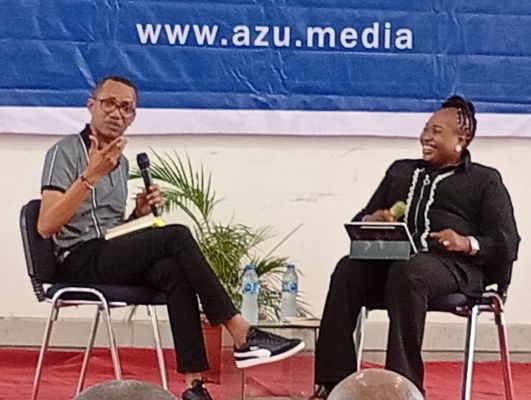


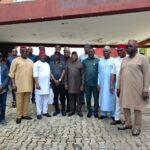
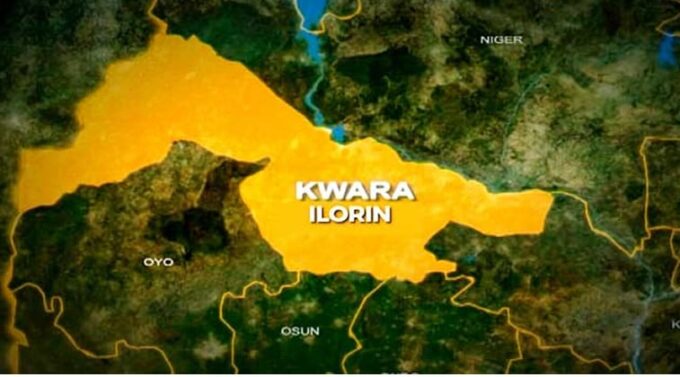
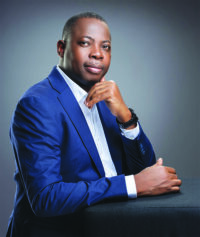

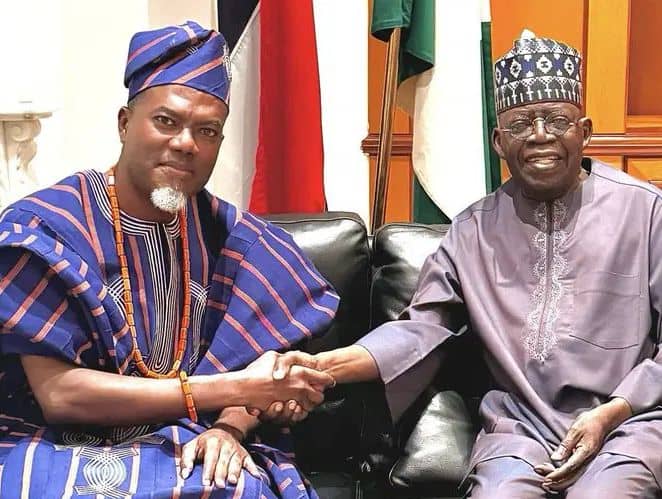
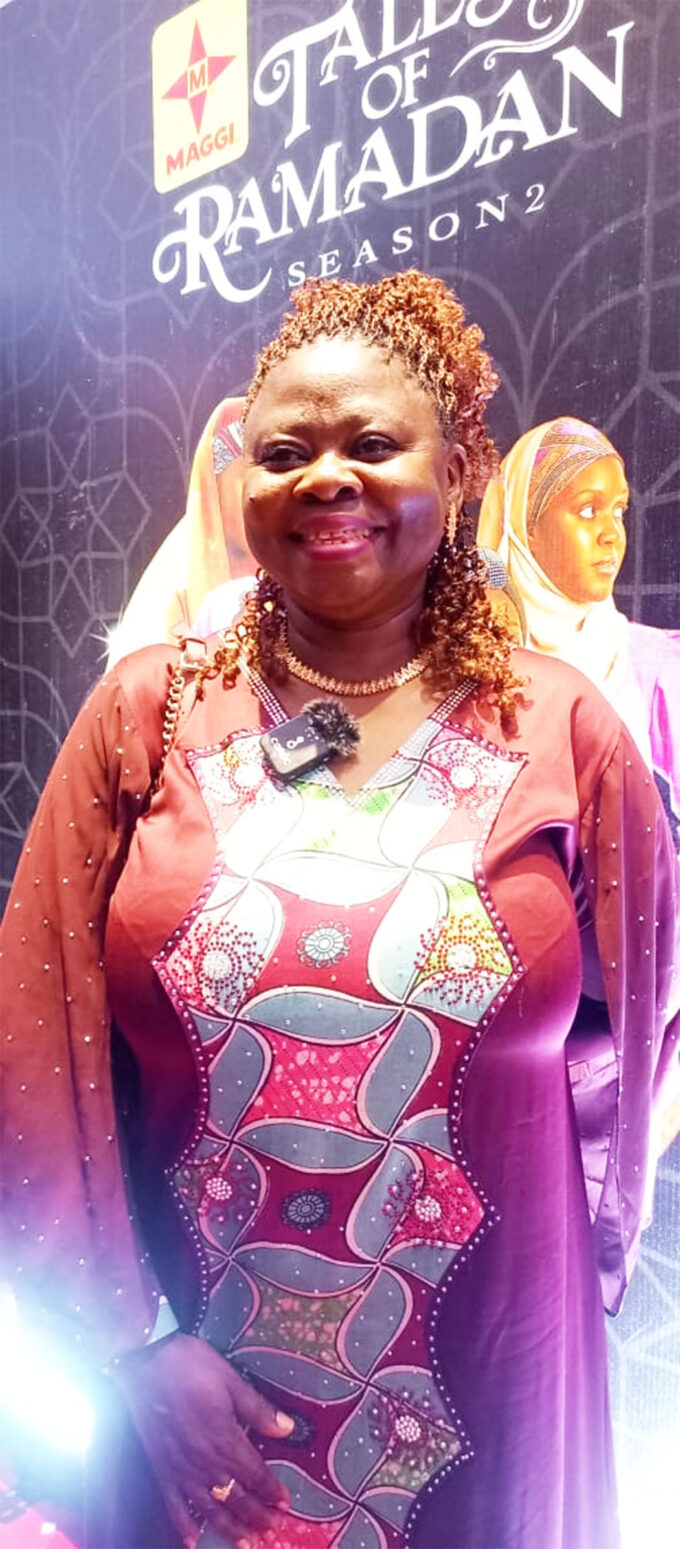
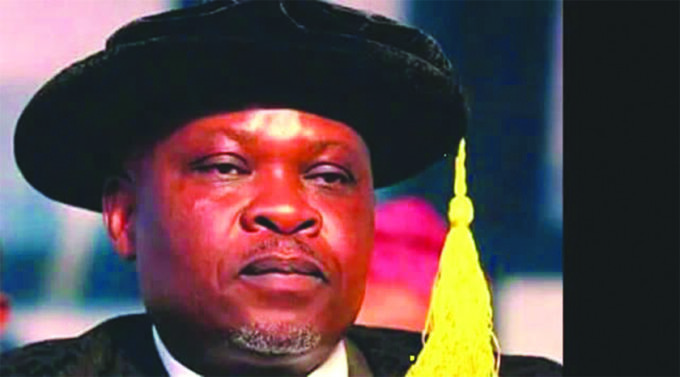
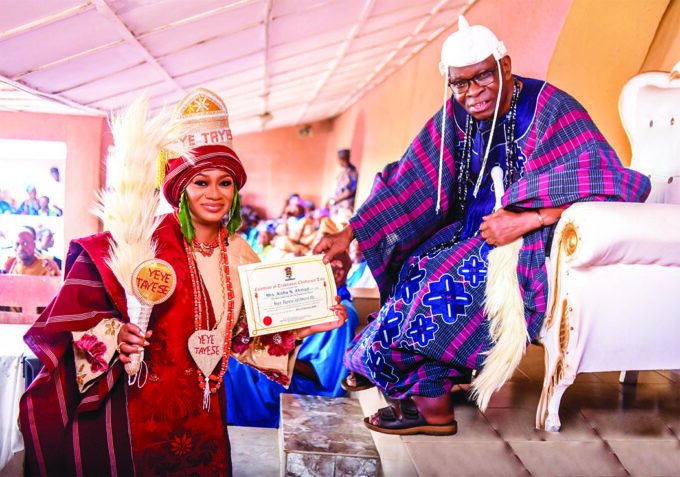


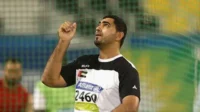
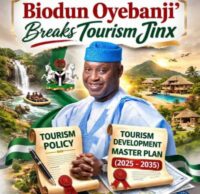

Leave a comment